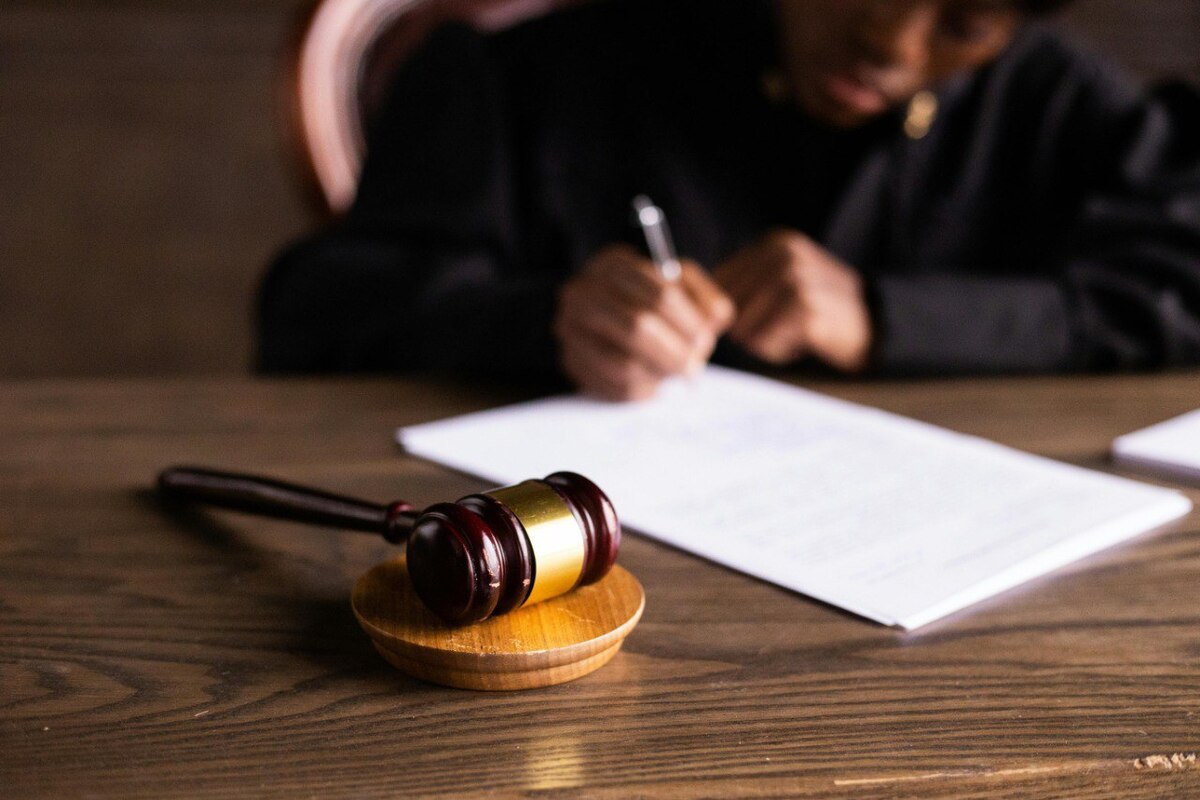Protect your intangible assets: How to request injunctive relief for unfair competition.
On February 8, 2024, in the case “Swatch AG v. Tressa Argentina S.A. on precautionary measures” (Exp. No. 14867/2023/CA1), the Argentinian Federal Court of Appeals in Civil and Commercial Matters rejected the appeal filed by Swatch AG and upheld the first instance judgment. In it, the judge denied the requested injunction on the grounds that requirement to prove the invoked right (legal plausibility) had not been met.
The court considered that the precautionary measure had the particularities of an innovative measure, so a strict criterion had to be observed and the legal plausibility had to be easily discernible from the elements of the case. Likewise, regarding the requirements set forth in Article 10.h of Decree 274/19, the court held:
1. Unfair imitation only arises when the imitated service has competitive singularity, which is corroborated when the intrinsic characteristics of the imitated service are those that differentiate it from the rest of the services of the same genre;
2. The imitated form must be an indicator of the business origin for the consumer public (distinctive force); and
3. It considered that the evidence provided of the marketing by both parties of their respective products and the evidence of global and national media coverage of the claimed products did not prove competitive uniqueness.
Let’s remember that in order for a precautionary measure to be successful, the following requirements must be met:
1. Likelihood of the right/legal plausibility: it consists of the appearance that the claim presents with respect to the probability of obtaining an affirmative judgment. In other words, it is necessary to prove that the right will be admitted in a future final decision stage;
2. Danger of delay: this is a serious and well-founded fear, in the sense that the right to be claimed will be lost, deteriorated or impaired during the course of the proceeding. That is to say, the delay in obtaining satisfaction will cause irreparable damage; and
3. Counter-caution: this is a guarantee provided by the applicant of the injuction to respond for the damages caused by the measures taken. In other words, it is a guarantee for the petitioner to respond for the possible damages that could be caused as a consequence of the rejection
of the main action. However, it is not a groundability requirement as in the previous cases; its purpose is the effectiveness of the compensation for the damages caused.
In conclusion, the Tribunal considered that in order to request an injunction on the grounds of unfair competition it is necessary to prove the distinctive singularity of the imitated service in relation to the customer base.
For further information please contact lalmasque@ojambf.com

